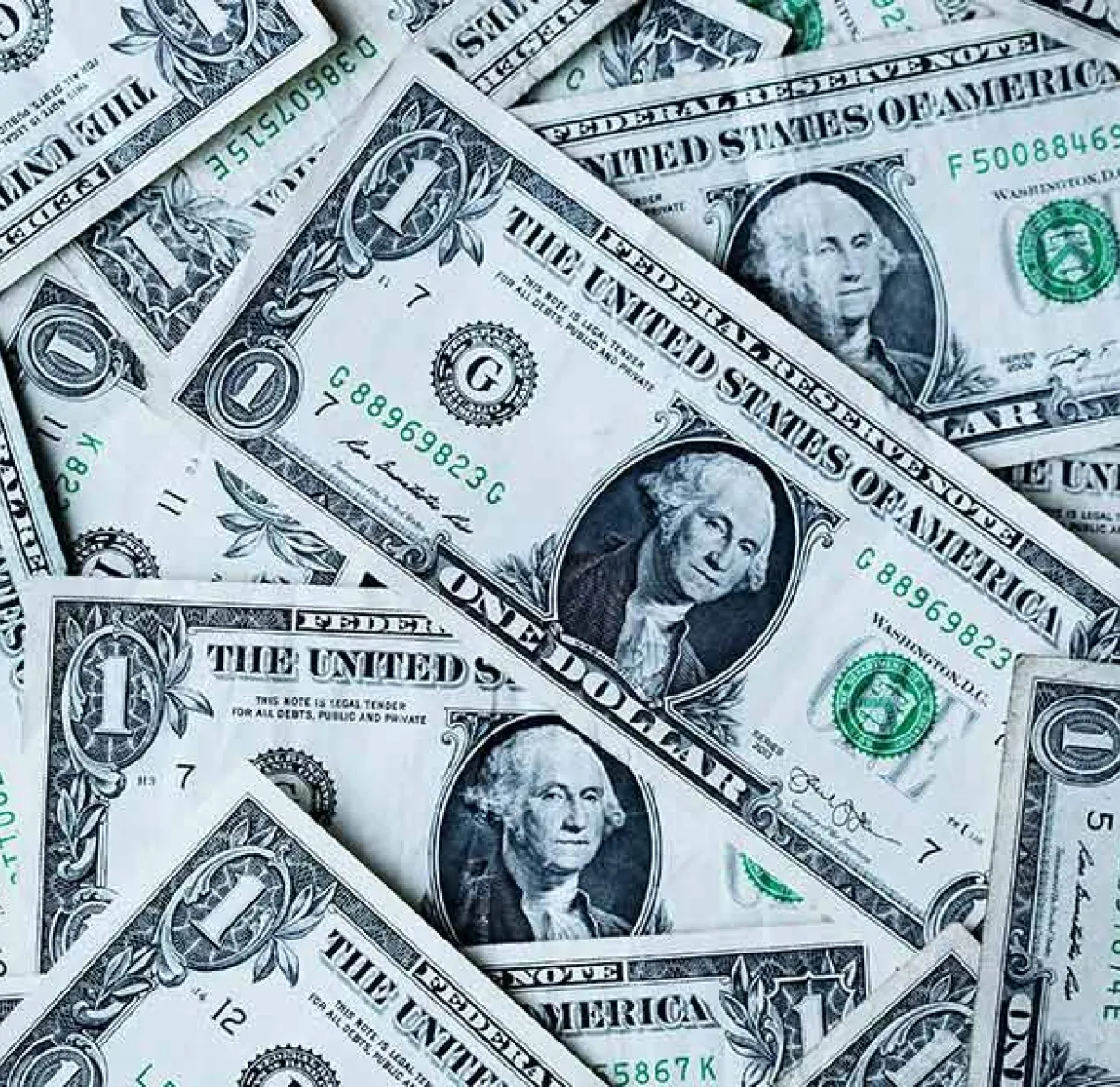Beats me
Nothing hurts more than expecting a cheque yet receiving a bill. Unfortunately, this is happening to millions of Americans right now, explains chief investment officer Julian Chillingworth.

With the American fourth-quarter earnings season wrapping up, corporate profitability has been fairly resilient. Of course, the real test will be whether companies can continue to improve in 2019.
About 70% of companies beat analysts’ expectations of earnings per share, and 60% posted better-than-forecast sales, according to FactSet. Blended across the index, final-quarter S&P 500 sales were 5.8% higher than a year earlier and earnings were up 13.1%. But what about the future? Roughly 35% of companies in the headline US equity index have lowered guidance for future profits, while just 5% think they will make more this year than last. Still, more than half of the index have stayed quiet about their prospects. Concerns about more difficult trading conditions have been hanging over stocks for some time. Late last year, as markets were slumping and investors were panicking, the P/E fell below 14x. It has now bounced back to 16.3x, higher than at any point since global equities began wobbling in October. This uptick in valuations is despite analysts expecting first-quarter earnings to fall 3.2% and remain flat the following quarter.
US economic data were perplexing in February. The number of jobs and wages are growing well, but retail spending absolutely dived in December. The ISM PMI surveys – a mix of emotional data like confidence about the future and hard numbers like upcoming orders – were also simultaneously hot and not. The non-manufacturing ISM jumped much more than expected while the manufacturing measure slumped. A fall in housing starts accelerated, with concrete slabs poured for fewer homes than at any time since 2016.
Many other economic data have started to contradict each other too. For instance, Americans enjoy a booming labour market with decent pay rises, yet more than 7 million of them are at least three months late on their car repayments. That’s the highest number since the global financial crisis. It’s a head scratcher for sure. The longest government shutdown in history wouldn’t have helped the average Joe’s outlook, for sure.
The new regime reduced the amount of income tax taken direct from American payslips (what we call PAYE). In 2017, about three-quarters of all filers received a refund averaging $2,800 because they overpaid tax during the year. The US Treasury now expects 4 million of them won’t get a refund and will instead have top-up bills to pay, despite most of them paying less tax overall.
You could try to explain to these people that this is a good thing: you should always pay your tax later rather than upfront wherever possible. But, as advisers, you’ll know that’s not how people work. People who expect a refund but get a bill instead will be incandescent with rage, regardless of mathematical reality. US Congress, meet behavioural finance …
Index
1 month
3 months
6 months
1 year
FTSE All-Share
2.3%
2.6%
-3.7%
1.7%
FTSE 100
2.3%
2.3%
-3.1%
2.2%
FTSE 250
2.6%
4.2%
-6.3%
0.2%
FTSE SmallCap
1.1%
1.4%
-5.7%
-1.7%
S&P 500
2.0%
-2.9%
-5.6%
7.8%
Euro Stoxx
2.1%
0.6%
-8.0%
-5.3%
Topix
-0.8%
-5.4%
-8.9%
-7.7%
Shanghai SE
12.9%
13.2%
7.7%
-11.5%
FTSE Emerging
-0.6%
1.7%
-0.8%
-6.0%
Source: FE Analytics, data sterling total return to 28 FebruarySlow progress
Global trade winds will continue to blow the way of US-China trade talks, while in the UK improved market weather will depend on some form of progress on Brexit negotiations.
We’re not expecting the world to fall into recession this year – it would take a large swing in several economies that just doesn’t look likely as things stand. Still, global growth is slowing down as the US comes off its tax-cut-fuelled peak and China struggles with over-indebtedness and export barriers. Because of this, we’re trying to stay as vigilant as possible, trying to take notice of the real issues in a world awash with information and emotion.
Italy is a particular area of suspicion for us. This debt-bomb of a country is bigger than you think, with the ability to upend the European debt market if it goes off. A tenth of the loans made by Italian banks have gone bad, according to the European Central Bank. Even worse is the absolute total of Italy’s bad debts: at €159bn it is easily the highest of any country in the bloc. Thankfully, up till now the Italian government – radical as it is – has shown itself to be very aware of the implications of going thermonuclear with its finances. Every time things come to a head, the Italian coalition has backed down. There’s always a risk that one day it stands its ground, however.
And, of course, there’s China. The nation has slowed significantly in the past few years, from 10% in 2010 to just more than 6.5% in 2018. This was always going to happen as the country grew to become a much larger share of the global economy. But there is a chance that this expected slowdown could spin out of control into a fully fledged slump. China is trying to move from a heavily industrial model to a more modern, services and hi-tech economy. To do this it needs to be deft, careful and have friends abroad. It will also have to resist the temptation to pour ever more debt on its problems and instead trust more in market dynamics.
Bond yields
Sovereign 10-year
Feb 28
Jan 31
UK
1.30%
1.22%
US
2.72%
2.63%
Germany
0.18%
0.15%
Italy
2.75%
2.59%
Japan
-0.03%
0.00%
Source: Bloomberg Photo by Sharon McCutcheon on Unsplash.